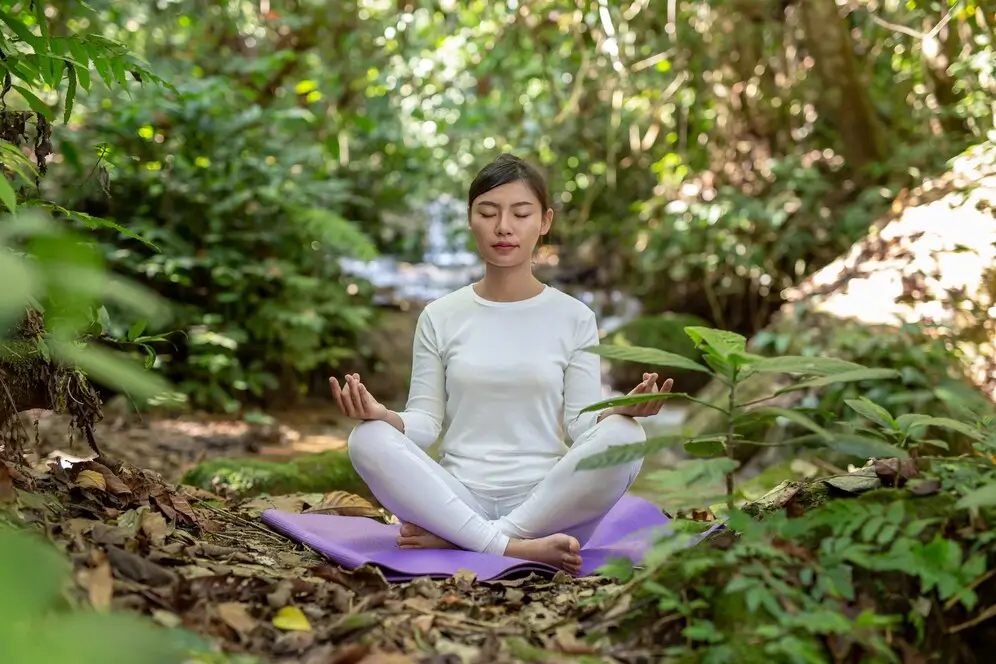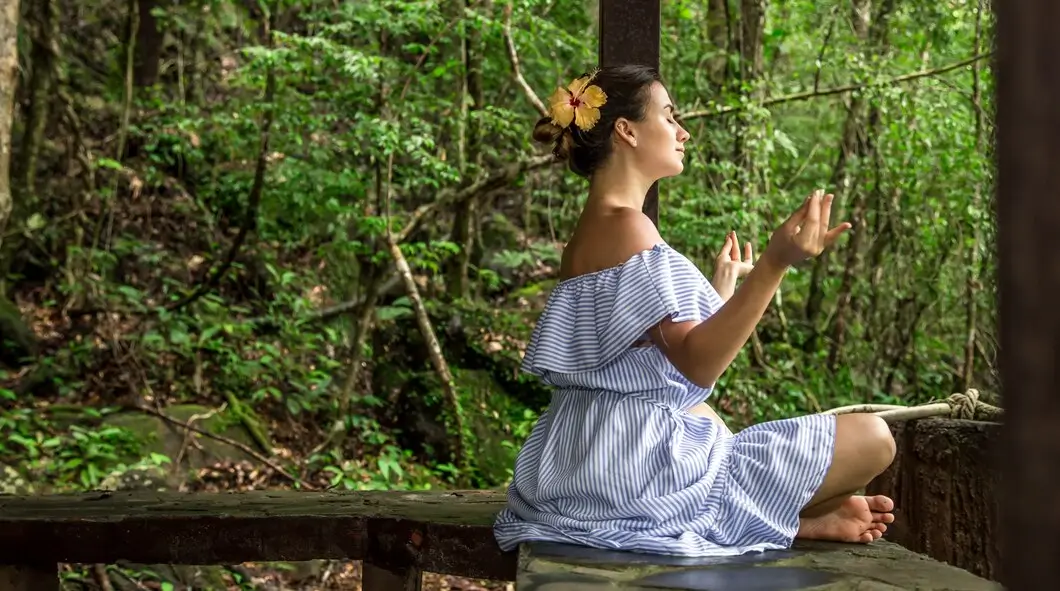Embracing Nature: The Healing Power Of Nature Therapy For Mind And Body Wellness
Table of Contents
In our fast-paced, modern world, where technological advancements dominate and urban landscapes prevail, there is a growing recognition of the vital connection between humans and nature. The concept of ecotherapy, also known as nature therapy or green therapy, has gained prominence as a holistic approach to mental and physical well-being.
This article delves into the profound relationship between nature and ecotherapy, exploring how reconnecting with the natural world can foster healing, resilience, and overall improved health.
The Roots of Ecotherapy
The roots of ecotherapy can be traced back to ancient cultures that revered nature for its healing properties. Indigenous traditions worldwide have long recognized the therapeutic benefits of spending time in natural surroundings.
However, the formalization of ecotherapy as a therapeutic practice gained momentum in the late 20th century. The term itself was coined by Howard Clinebell in the 1990s, who emphasized the role of nature in promoting psychological and emotional well-being.
Understanding Ecotherapy
Ecotherapy encompasses a diverse range of practices that aim to integrate nature into the healing process. It recognizes nature as an active participant in the therapeutic relationship, offering a unique and dynamic space for personal growth.
Some common forms of ecotherapy include wilderness therapy, horticultural therapy, animal-assisted therapy, and nature meditation. These practices leverage the natural environment to facilitate self-discovery, stress reduction, and emotional healing.

The Healing Power of Nature
Nature has an innate ability to restore balance to our lives. Research has shown that spending time in natural settings can reduce stress, anxiety, and depression while enhancing overall mood and cognitive function.
The sights, sounds, and smells of nature activate the parasympathetic nervous system, promoting relaxation and reducing the harmful effects of chronic stress. Whether it’s a walk in the woods, a day at the beach, or simply sitting in a garden, the therapeutic benefits of nature are accessible to all.
Ecotherapy and Mental Health
In the realm of mental health, ecotherapy has proven to be a valuable adjunct to traditional therapeutic approaches. The natural environment provides a non-judgmental space for individuals to explore their thoughts and emotions.
Nature-based interventions have been successful in treating a range of mental health issues, including PTSD, addiction, and mood disorders. The rhythmic patterns of nature and the sense of interconnectedness it fosters can contribute to a profound sense of purpose and belonging.
Physical Health and Ecotherapy
The benefits of ecotherapy extend beyond mental health, positively impacting physical well-being. Engaging in outdoor activities promotes physical exercise, which is essential for maintaining a healthy lifestyle.
Moreover, exposure to natural sunlight contributes to the production of vitamin D, essential for bone health and overall immune function.
The combination of physical activity and exposure to nature creates a synergistic effect, promoting holistic health.

Ecotherapy in Practice
Ecotherapy can take various forms, adapting to individual preferences and needs. Wilderness therapy involves immersive experiences in natural settings, often guided by trained therapists, to promote self-reflection and personal growth.
Horticultural therapy utilizes gardening and plant-related activities to improve mental health and physical well-being. Animal-assisted therapy involves interacting with animals, tapping into the therapeutic bond between humans and other living beings. These diverse modalities highlight the versatility of ecotherapy in addressing a wide range of needs.
Challenges and Considerations
While ecotherapy offers a promising approach to well-being, it is important to acknowledge potential challenges and considerations. Access to natural spaces may be limited for some individuals, particularly those living in urban environments.
Additionally, the impact of climate change raises concerns about the availability and sustainability of natural spaces.
As the field of ecotherapy evolves, addressing these challenges will be crucial to ensure its accessibility and effectiveness for diverse populations.
Conclusion
In a world where the hustle and bustle of daily life often take precedence, the importance of reconnecting with nature cannot be overstated. Ecotherapy emerges as a beacon of hope, offering a holistic and sustainable approach to well-being.
By recognizing and embracing the healing power of nature, individuals can embark on a journey of self-discovery, resilience, and overall improved health. As we continue to explore the potential of ecotherapy, we pave the way for a future where the integration of nature into our lives becomes an integral component of our pursuit of wellness.

